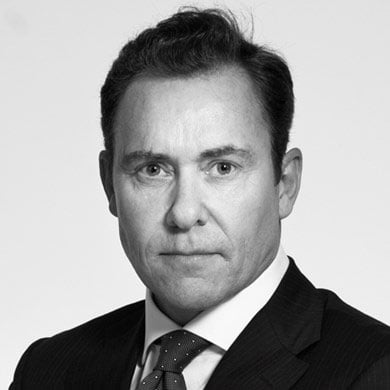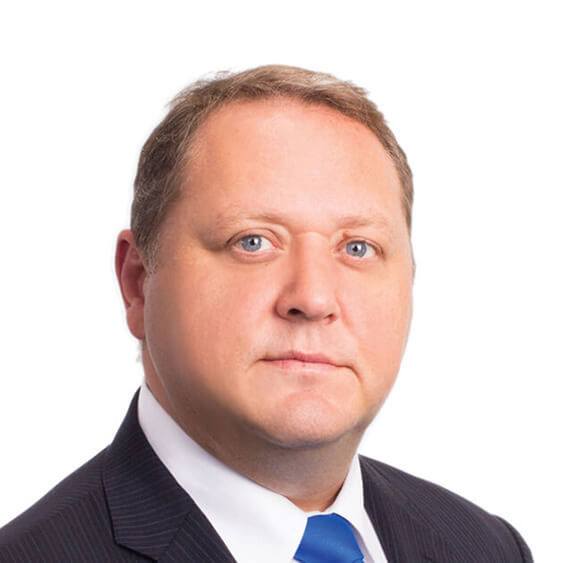When I joined The Legal 500 a year ago, one of the main ambitions I set out was to improve diversity in our rankings and, in particular, the proportion of cited women in the UK Solicitors guide. The reason was obvious – women are under-represented at senior levels in law firms and this has also historically been the case in many of our rankings.
Unconscious bias has long served as a barrier to entry for many talented female lawyers who were in many instances not being put forward for recognition, either by their firms or peers. However, with diversity increasingly on law firms’ agenda it was important for us to play our part by raising the profile of talented female lawyers who may otherwise have gone unmentioned in our research.
So, 12 months on, and a few weeks after the launch of the 2020 UK guide, how did we do? While in some areas (shipping being an obvious example) our rankings show we still have a long way to go, in other, marquee City practices, the results show significant progress.
Leaving aside practices with traditionally strong female representation, such as employment, family and some areas of insurance, women now make up more than 20% of all ranked lawyers across a number of high-profile areas.
Our premium M&A rankings, for example, now feature 22 women, equating to more than one third of all lawyers ranked, and the proportion is similar across both mid-market and smaller M&A. Our London private equity rankings, meanwhile – which previously featured no female leading individuals – are now more than 25% female.
For context, it should be noted that these figures include more junior, next generation partners, as well as our new category of rising stars, which recognise the best up-and-coming non-partners.
However, while there is still room for improvement at the most senior level, we believe that by recognising female talent at an earlier stage of their career, we will be able to continue to track them as their career progresses and they – hopefully – reach the top tier of leading individuals in their area.
In some areas, we have already made big strides in recognising women at the top of their game, such as acquisition finance, a ranking which previously included no female leading individuals but which is now more than 20% female after the addition of seven women including Clifford Chance’s Emma Folds and Allen & Overy star Denise Gibson.
Similarly, almost a quarter of the leading individuals in our premium M&A table are now female, compared with just 5% last year, while for white collar and corporate crime, more than one in three of those ranked at the highest level are women.
Naturally, it is disappointing that in other areas there are still not enough women among our leading individuals. However, the pipeline of talent we have found at associate and junior partner level makes me confident we are now better placed to recognise the leading individuals of tomorrow. Overall, I am pleased that we have made significant progress in some areas, but fully accept that there is much more to do, particularly outside London.
So we still need your help. Our individual rankings will not change fast enough if our research team are not told about talented women – and other minority lawyers – within your ranks. While many listened to last year’s call to arms and made a concerted effort to tell us about deserving women within their firms, others simply did not. Indeed, in some quarters there remains old-school resistance to the idea that we should even be asking such questions. Tough.
This is a cause we will be continuing to push so, with the next research period just around the corner, we would encourage you to put forward more of your talented women – and other minority lawyers – for consideration in next year’s rankings. We can only go so far without you.











